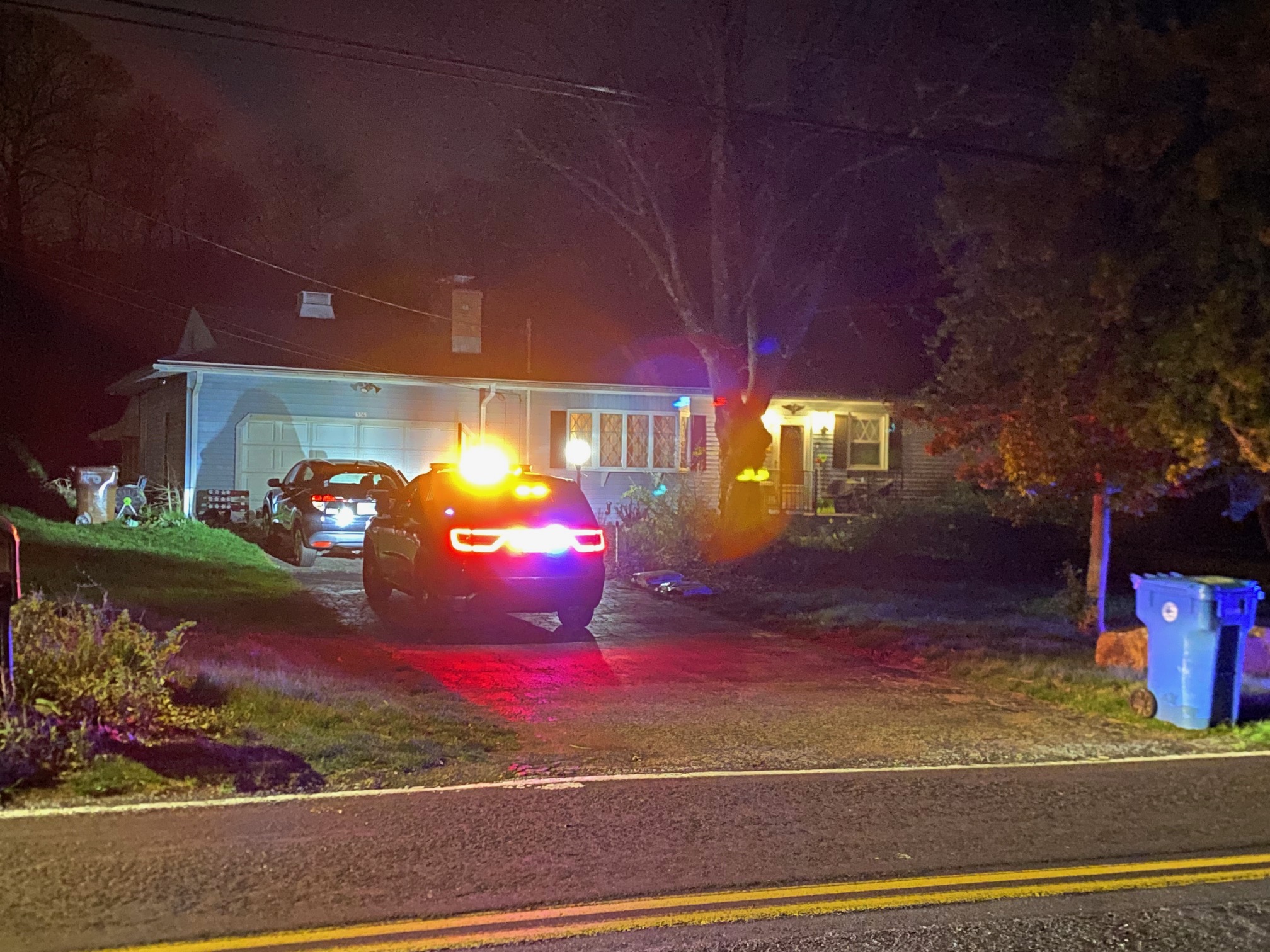A newly released report from the Department of Veterans Affairs shows that back in 2017, the agency was aware of racial disparities in how PTSD treatment benefits were awarded among veterans.
The report was discovered as part of an ongoing joint investigation among NBC stations across the country, report "American Vets: Benefits, Race in Inequality."
The “PTSD Grant Rate Analysis” was drafted on July 19, 2017, by the Veterans Benefits Administration within the Department of Veterans Affairs. The report shows that between 2011 and 2016, Black veterans had the lowest PTSD benefits grant rate for treatment of the illness at 43%. The national average for approvals was 55%.
Law school students at Yale’s Veterans Legal Services Clinic call the report negligent. Students in the clinic are representing Vietnam veteran Conley Monk Jr. of Hamden in a federal lawsuit against the VA over decades of denied benefits.
Get Connecticut local news, weather forecasts and entertainment stories to your inbox. Sign up for NBC Connecticut newsletters.
“I knew that every time I would get angry, and someone would put their hands on me that I would react, and it would get me into trouble,” Monk said during an interview in February as part of the national NBC project.
The PTSD Grant Rate Analysis reconfirms for Monk’s legal team what he’s said over the last 40 years. Monk is one of the Black veterans who has PTSD and could not access VA medical care.
“Mr. Monk has alleged that VA knew or should have known that racial disparities existed in their benefits application determinations. What these documents prove is that VA did know such disparities existed in 2017,” said Michael Sullivan in a statement.
Local
Sullivan is a student member of the Yale Veterans Legal Services Clinic. He says his team and others have asked for this data and explains why he says the report is beyond negligent.
“However, their conduct seems to go beyond negligence, in that, once VA was aware that such analysis was possible, and the results proved that discrimination had tainted veterans’ benefits applications, VA publicly maintained that such testing was not possible, and did not take steps to correct the racial disparities, which persisted throughout all years of data that we received from VA," Sullivan said.
Caroline Korndorffer also works on Monk’s case.
“It seems fairly clear to us that they had the data because they had been talking about it, and it seems that they had the data but when we had previously asked for this information, they said that they didn’t have it and it was impossible to collect,” Korndorffer said, adding the PTSD Grant Rate Analysis doesn’t appear to have ever been made public.
The VA was recently forced to turn over the report as part of a records request by Richard Brookshire of the Black Veterans Project, who did his own research with Yale University Law students reviewing two years of FOIA requests.
“And we were able to glean that over the course of the last 20 years, there were statistically significant disparities in the allocation of disability benefits, one as striking as a 29% greater denial for PTSD claims," Brookshire said.
Coupled with that July 2017 internal report showing a 57% denial rate for PTSD claims, a March 2017 VA Minority Veterans Report showed a higher rate of PTSD diagnosis (5.8) than non-minority veterans (5.0). The report notes the higher diagnosis is because service members of color are more likely to experience trauma.
“For example, in veterans who survived Vietnam, a larger percent of African Americans, Hispanics, and Native Americans were in combat than whites. Experiencing any trauma can predispose an individual to developing PTSD, but that does not mean that every individual will develop PTSD," the report states.
The Department of Veterans Affairs has acknowledged that there is a historic issue with racial disparities in benefits claims.
Terrence Hayes, spokesperson for the Department of Veterans Affairs, says VA Secretary Denis McDonough is committed to making sure all veterans get the services to which they are entitled.
Hayes wouldn’t comment on ongoing litigation, but said they are studying the issue and working on pulling data on the disparities. He added they have teams around the country working one-on-one with veterans to help them address issues with processing and approving their claims.



